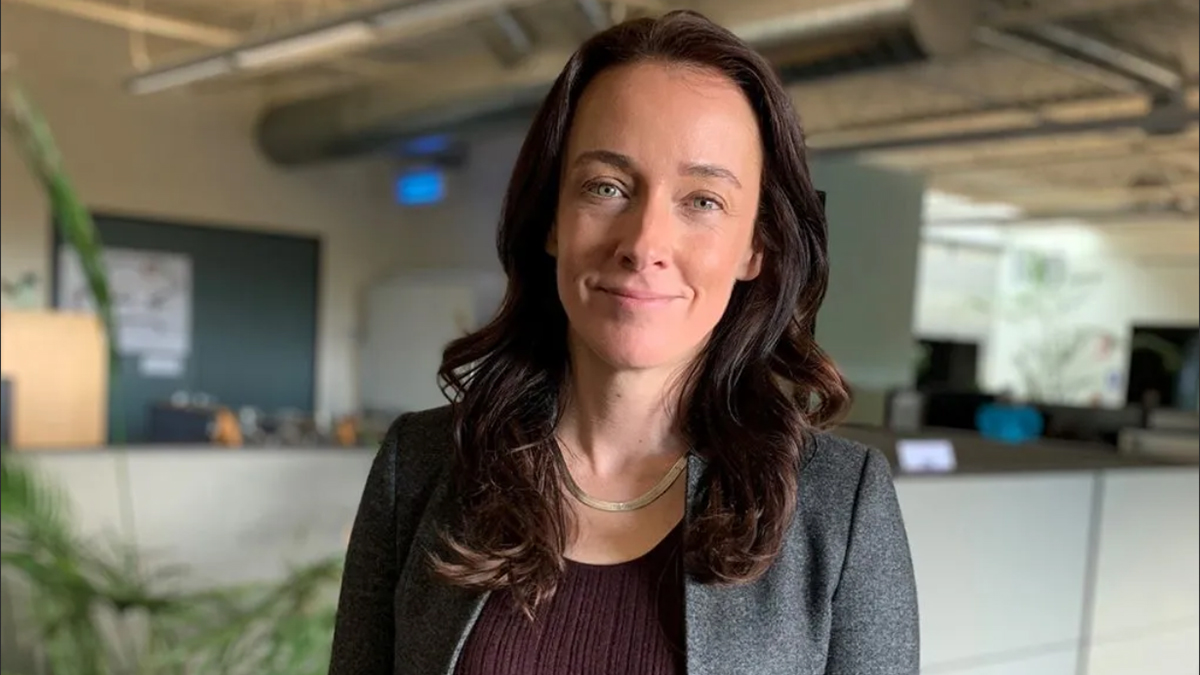Written by Kristen Fortney, CEO and co-founder of BioAge Labs
© BioAge | Kristen Fortney, CEO and co-founder of BioAge Labs
Average life expectancy has increased around the world. By 2030, more than a billion people will be over the age of 65. Although we are living longer, the number of years we can expect to enjoy good health has remained relatively constant—so we now spend up to a quarter of our lives suffering from chronic diseases that threaten our autonomy and quality of life. As WHO Director-General Dr. Tedros Adhanom Ghebreyesus points out, “Adding more years to life can be a mixed blessing if it is not accompanied by adding more life to years.”
To add more life to years, we must change our perspective. Instead of treating individual diseases one at a time—the conventional paradigm of medicine—we must embrace a new, bolder, prevention-oriented strategy that is solidly grounded in the biology of aging. Age is by far the greatest risk factor and driver for many chronic illnesses. This means that medications that target aging have the potential to delay or address multiple diseases simultaneously, increasing not just how long we live, but how long we remain healthy.
This is the mission of longevity biotechnology, a rapidly expanding effort to develop new drugs that target aging as a root cause of disease. A large and persuasive body of evidence has shown that we can slow aging in animals, delaying or even preventing many aging-driven diseases and morbidities. In our own species, natural variation in human aging shows that many people can live into their 90s and beyond without chronic illness. Discovering the biological differences that differentiate healthy agers, and translating these findings to medicine, could bring about a revolution in healthcare and fundamentally change the experience of growing older.
By directly addressing the medical problems that underlie many of the challenges confronting the elderly, longevity biotechnology has a critical role to play in realizing the goals of the United Nations’ 10-year global plan for the Decade of Healthy Ageing (UN DHA). Today, BioAge and other clinical-stage companies are targeting muscle aging to prevent frailty and loss of mobility, brain aging to prevent cognitive impairment and loss of independence, and immune aging to fight chronic inflammation and infectious diseases. The new class of therapies emerging from longevity biotech converge with a primary mission of the UN DHA: helping older people to meet their basic needs, continue to learn and make decisions, retain mobility, and build and maintain relationships.
Improving health by targeting aging is not a luxury, but a necessity: it is becoming increasingly clear that addressing the yawning gap between healthspan and lifespan is essential for long-term global economic prosperity. Aging populations may drive medical costs and care needs beyond the capacity of younger generations to support their elders, risking collapse of social safety nets and, ultimately, economic crisis. As with another great challenge of our time, global climate change, the time to act is now, before the situation becomes unmanageable.
Beyond any economic considerations, older people have a fundamental right to live healthy, full lives, and to have their medical conditions taken seriously as targets deserving of clinical interventions, rather than simply dismissed as inevitable consequences of aging. By creating new medications that enable us all to live healthier for longer, longevity biotechnology is redefining what it means to age—preserving autonomy, dignity, and equality for all human beings as we grow older.
Science, technology and innovation can be catalysts for achieving the sustainable development goals.
In the context of the UN Commission on Science and Technology for Development, the CSTD Dialogue brings together leaders and experts to address this question and contribute to rigorous thinking on the opportunities and challenges of STI in several crucial areas including gender equality, food security and poverty reduction.
The conversation continues at the annual session of the Commission on Science and Technology for Development and as an online exchange by thought leaders.


